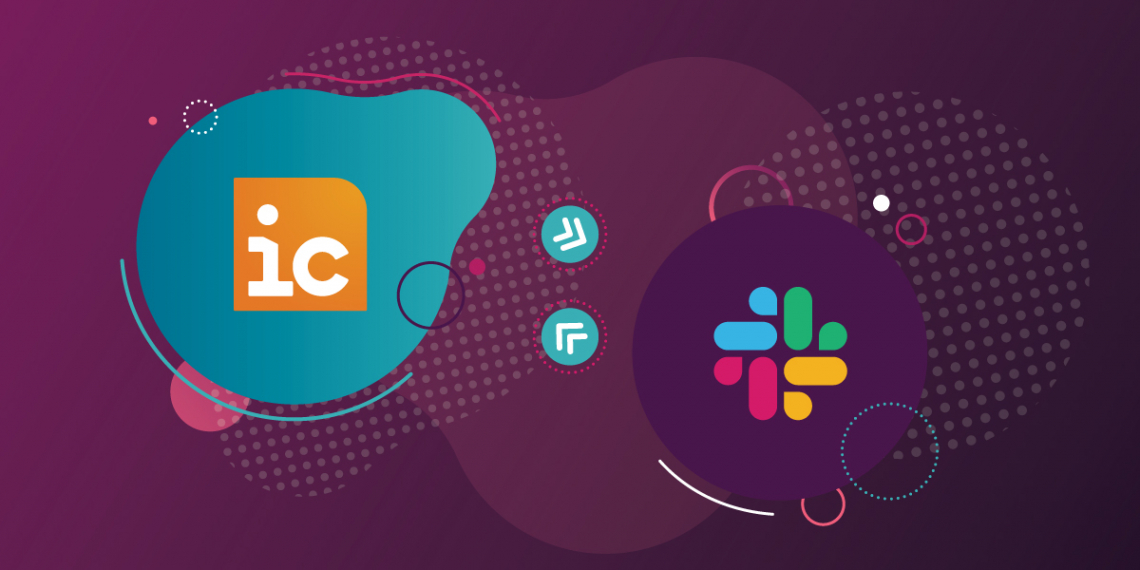Is your workplace diversified enough? What does it actually mean and how does it affect your business?
Defined by Gallup, diversity refers to “the full spectrum of human demographics”, in other words, age, gender, physical ability, socioeconomic status, race, religion, languages, ethnicity, education and so on. Alongside diversity, the inclusiveness of your employees has a great impact on the success of your organization. Creating a safe, comfortable environment where your employees feel comfortable and motivated to share their ideas has direct and tangible benefits. Are you doing all the right things to generate an efficient innovation process and a more successful organization in general?"
Let’s talk more about diversity and inclusion with an insight into statistics:
1. Financial outperformance
Studies have shown that companies with a higher diversity rate outperform other organizations in their industry. According to Mckinsey:
- Companies in the top quartile for racial and ethnic diversity are 35 percent more likely to have financial returns above their respective national industry medians.
- Companies in the top quartile for gender diversity are 15 percent more likely to have financial returns above their respective national industry medians.
The more diverse the workforce is, the more diverse are the ideas that enrich the innovation flow within the organization. According to Boston Consulting Group:
- Companies that reported above-average diversity on their management teams also reported innovation revenue that was 19 percentage points higher than that of companies with below-average leadership diversity—45% of total revenue versus just 26%.
Another study done by Harvard Business Review shows that Companies with higher-than-average diversity had 19% higher innovation revenues.
- Inclusive companies are 1.7 times more likely to be innovation leaders in their market.
A more diverse and inclusive organization fosters an innovation culture, and translated into market shares, according to McKinsey:
- The unequal performance of companies in the same industry and the same country implies that diversity is a competitive differentiator shifting market share toward more diverse companies.
- 67 percent of active and passive job seekers said that a diverse workforce is an important factor when evaluating companies and job offers are in question.
- 72 percent of women consider workforce diversity important versus 62 percent of men.
- It also found that 89 percent of black respondents, 80 percent of Asians and 70 percent of Latinos said that diversity was important to them.
A diversified workplace also positively affects the decision-making process and shows a higher job satisfaction rate. As the numbers speak for themselves, what are you waiting for? With the help of Innovation Cloud, engage your organization more in the innovation process and create a safe and motivational environment where everyone is welcome to share their ideas.






